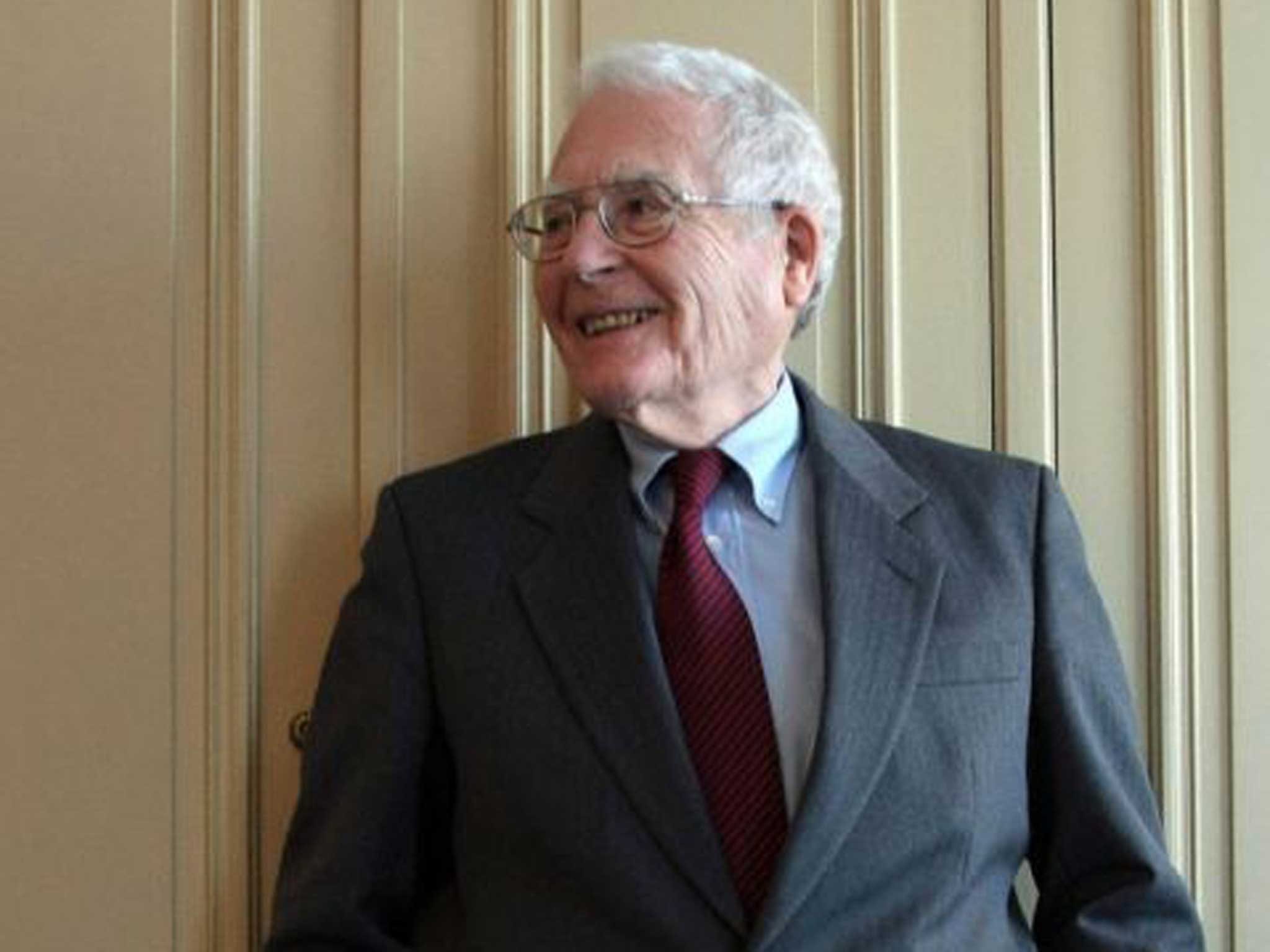Gaia visionary advocates city living to sit out the worst extremes of climate change

Your support helps us to tell the story
From reproductive rights to climate change to Big Tech, The Independent is on the ground when the story is developing. Whether it's investigating the financials of Elon Musk's pro-Trump PAC or producing our latest documentary, 'The A Word', which shines a light on the American women fighting for reproductive rights, we know how important it is to parse out the facts from the messaging.
At such a critical moment in US history, we need reporters on the ground. Your donation allows us to keep sending journalists to speak to both sides of the story.
The Independent is trusted by Americans across the entire political spectrum. And unlike many other quality news outlets, we choose not to lock Americans out of our reporting and analysis with paywalls. We believe quality journalism should be available to everyone, paid for by those who can afford it.
Your support makes all the difference.People should give up on the “English dream” of a house and garden in the countryside and retreat into mega-cities to sit out the worst extremes of climate change, environmental guru James Lovelock said yesterday.
Dr Lovelock, famed for his Gaia theory of the Earth as a self-regulating organism, says humanity should take inspiration from termites who build giant nests with air-conditioning towers to regulate the temperature. He cited Singapore as an example of a place where people had found a way to live happily despite the heat.
In the past he predicted a future in which humanity would be forced to flee towards the Poles as much of the planet was rendered uninhabitable by soaring temperatures; but in his forthcoming book, A Rough Ride to the Future, he says this was a mistake. However, people would still have to embrace significant changes in their way of life in an era dubbed the “Anthropocene”, because humans are having such a profound impact on the climate. “I think it’s not surprising that insects have found that the best way of living is to live in nests,” he told an audience at the Oxford Literary Festival yesterday.
“Termites in Australia have nests with huge air-conditioning towers on top of them to keep the internal climate just right,” he said. When people talk about saving the planet, “I get very depressed because I think this is entirely the wrong way to look at things … It’s remarkably inexpensive to keep Singapore cool enough for the inhabitants, despite the fact it’s 12 degrees hotter than the global average.”
Dr Lovelock, 94, who lives at Chesil Beach in Devon, said this might mean adjusting aspirations. Many people dream of having “a home in the countryside with a nice big garden”, he said. “But that will use one hell of a lot of energy compared with flats in the city … An awful lot of people would think they are in heaven if they have got a flat in a skyscraper in New York. Those same people would think they were condemned almost to a prison sentence to live where Sandy [his wife] and I live, on the beach.”
Despite having inspired generations of environmentalists, he has attracted controversy because of his support for nuclear power and, more recently, shale gas obtained by fracking.
And he seemed delighted by the recent turbulent weather – something that climate scientists have said will increase as the world warms. He spoke of his seafront view of five hurricane-force storms in a month over the winter as “exciting beyond belief”.
But he is keen to convince humanity that it is fundamentally changing the world in a way not seen since the rise of photosynthesising plants. The solution is not “sustainable development” but “sustainable retreat”.
Join our commenting forum
Join thought-provoking conversations, follow other Independent readers and see their replies
Comments